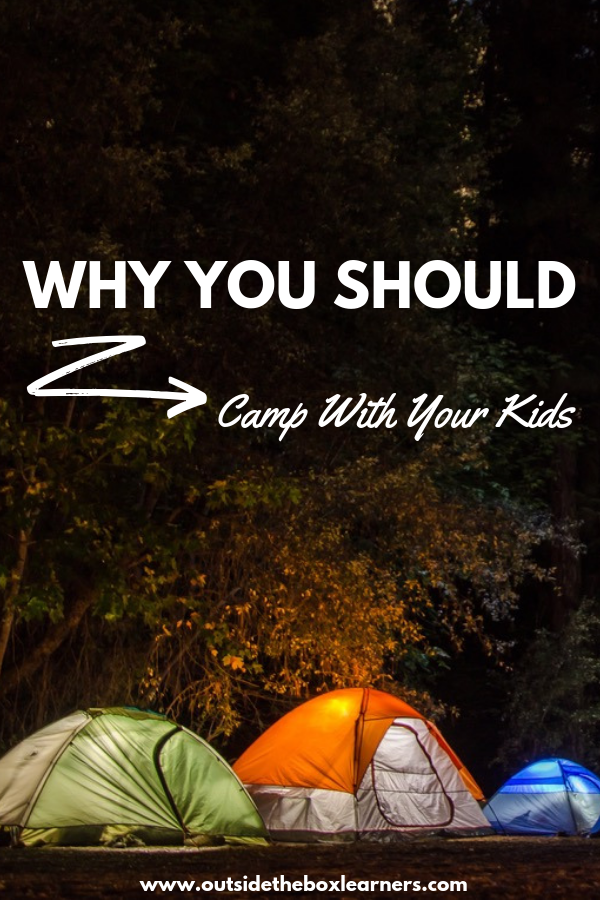This is the first post in a series I will be doing on the Multiple Intelligences or 8 Great Smarts.
For an overview of ALL the multiple intelligences, make sure to check out this post: Multiple Intelligences: Discovering the Way Your Child is Smart.
Also, it’s important to remember that the multiple intelligences are not meant to box people in. One can grow in any of them, though some will come much more naturally.
I’m starting with Nature-Smart. Nature Intelligence is easy for me to write about as I’m nature smart, and two of my children are as well.
This blog post contains affiliate links and any purchases made through such links will result in a small commission for me (at no extra cost to you).
In fact, one of my kids has been talking about the weather since he began using words. Nurturing his nature-intelligence and passion for weather has had a profoundly positive impact on his life.
What A Nature-Smart Kid Looks Like:
- Thinks in patterns.
- Invigorated from spending time outside (and may get crabby if they don’t get outside enough.)
- Aware of their surroundings and seek to understand nature better (For example, do the shape and color of those clouds tell us anything about the weather…?)
- Might love animals, or gardening.
- Enjoys things like camping, and going on nature hikes.
Possible Careers for a Nature-Smart Kid:
- Veterinarian
- Pet-sitter
- Landscaper
- Park Ranger
- Meteorologist
How you can nurture Nature-Smart Kids:
- Connect what they’re studying to nature. Examples: History – Research how people built things and how they grew their food at different points in history. Math – Make a chart of all the different geysers at Yellowstone National Park and compare how high they can get or how frequently they erupt.
- Let them study outside if possible.
- Go on nature hikes or drives.
- When it comes to chores, consider giving them chores such as weeding, pruning, mowing the lawn, watering plants, taking care of pets
- Grow something, whether a small plant inside or bigger garden outside.
- Get a bird feeder to attract different birds to your backyard. Have binoculars nearby.
Games/ Activities/Books for Nature-Smart Kids:
 Moose in the House Card Game
Moose in the House Card Game Science Wiz Rocks Kit
Science Wiz Rocks Kit Spot it! Camping
Spot it! Camping
 Nature Patterns for Perler Beads
Nature Patterns for Perler Beads Butterfly Garden
Butterfly Garden Julia Rothman Collection
Julia Rothman Collection








